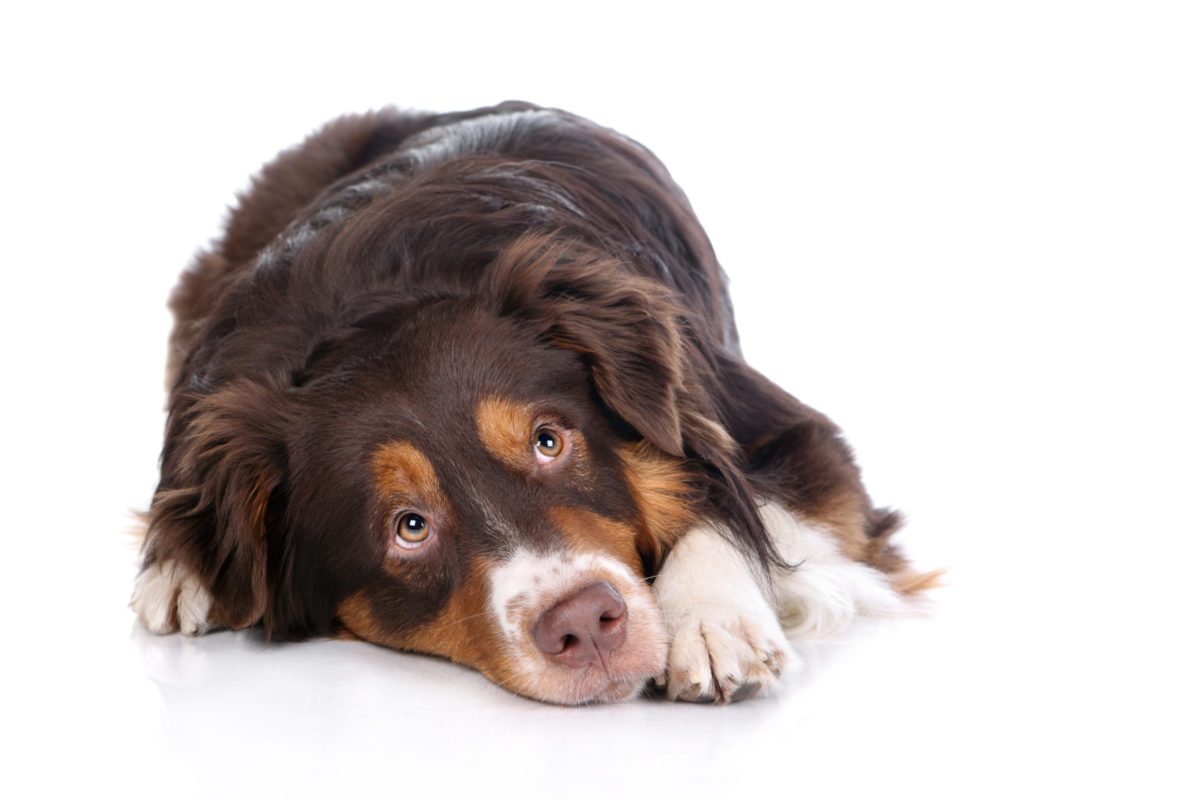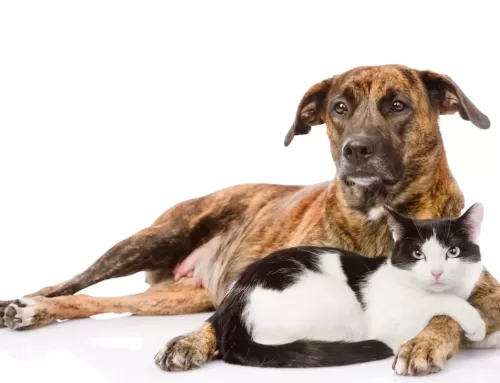Natural disasters are unpredictable and can have tumultuous repercussions. Our pets depend on us to take care of them, and it is vitally important to include them in our disaster preparedness preparations.
Always have a plan, should natural disaster strike, especially if you live in a disaster-prone region. If you need to evacuate, take your pet with you.
If it is not safe for you to be in your home, and it is not safe for your pet to be alone.
- Know which hotels and motels along your route accept pets in an emergency. Call ahead for reservations if you know you may need to evacuate.
- Contact friends and family members who may be able to keep your pet in an emergency.
- Keep a list of veterinarians, shelters, and boarding facilities handy in case necessary.
- Include your pet in disaster drills so that they do not become overly stressed in case of need for evacuation
- Make sure to always keep your pet up to date with vaccinations and have a record on hand. Records can often be kept in your phone. Keep in mind, however, that during a disaster situation, you may not have access to power. Printed records of vaccines and microchip information should be kept with disaster preparedness items and kept in a waterproof folder for easy transport and reference.
- Get your pet microchipped. Make sure to register your pet as well.
- If you are forced to leave your home because you have lost electricity, take your pets with you to a pet-friendly hotel while following public health guidance, or check to see if your local emergency management office has opened pet-friendly cooling or warming centers in the area. During the summer, even just an hour or two in the sweltering heat can be dangerous. During the winter, it is not safe to leave them in an unheated house.
If you are not able to leave your home due to unsafe conditions, take the following steps to try to make the environment as safe as possible for your pets.
- Identify a safe area in your home.
- Stay away from windows during heavy storms.
- Remove toxic plants and chemicals.
- Keep disaster kit in safe area for easy access.
- Bring your pets indoors and make sure they are wearing collars and identification.
- Keep a battery-controlled radio with disaster kit so you can keep up to date on changing news.
Have an emergency kit on hand.
A good kit should include the following:
- Food and water for several days
- Blankets, soft comfy and familiar clothes
- Medications
- Flea/tick/heartworm prevention
- Pet first aid kit (bandages, antibiotic ointment, disinfectant, etc.)
- Cat litter, garbage bags for fecal matter
- Leashes, harnesses, carriers, etc.
- Card with personal and veterinarian information in case of separation
- Pet beds and toys
Diseases that can be transmitted following natural disasters:
- Rabies – make sure that your cat/dog is always current on rabies vaccination. Be wary of approaching wildlife following a natural disaster, especially if you notice that an animal appears sick or unwell.
- Leptospirosis – a disease which can cause kidney damage and affect other organs, generally found in contaminated water and urine. Do not allow pets to drink standing water following a natural disaster.
- Diseases spread by insects (mosquitoes, fleas, ticks) – make sure your pets are up to date on flea/tick/heartworm prevention.
After the emergency is over, your pets may be nervous and timid. Changes in environment can cause stress and differences in typical personality.
- Do not allow your pets to roam loose. Familiar landmarks and smells may be gone. Pets can get easily disoriented.
- There may be debris present, such as roofing nails and broken glass. Be careful and do not allow pets to roam unattended.
- Be patient with your pets after a disaster. It will take time for everything to return to normal.
- Be on the watch out for wildlife that has been displaced by the disaster as this can cause safety concerns for your pet.
To keep your pets up to date on all vaccines, contact your veterinarian or call Vetsavers Pet Hospital at 972-939-0900. We are open seven days a week and your pet’s first exam and consultation with one of our veterinarians are free.






